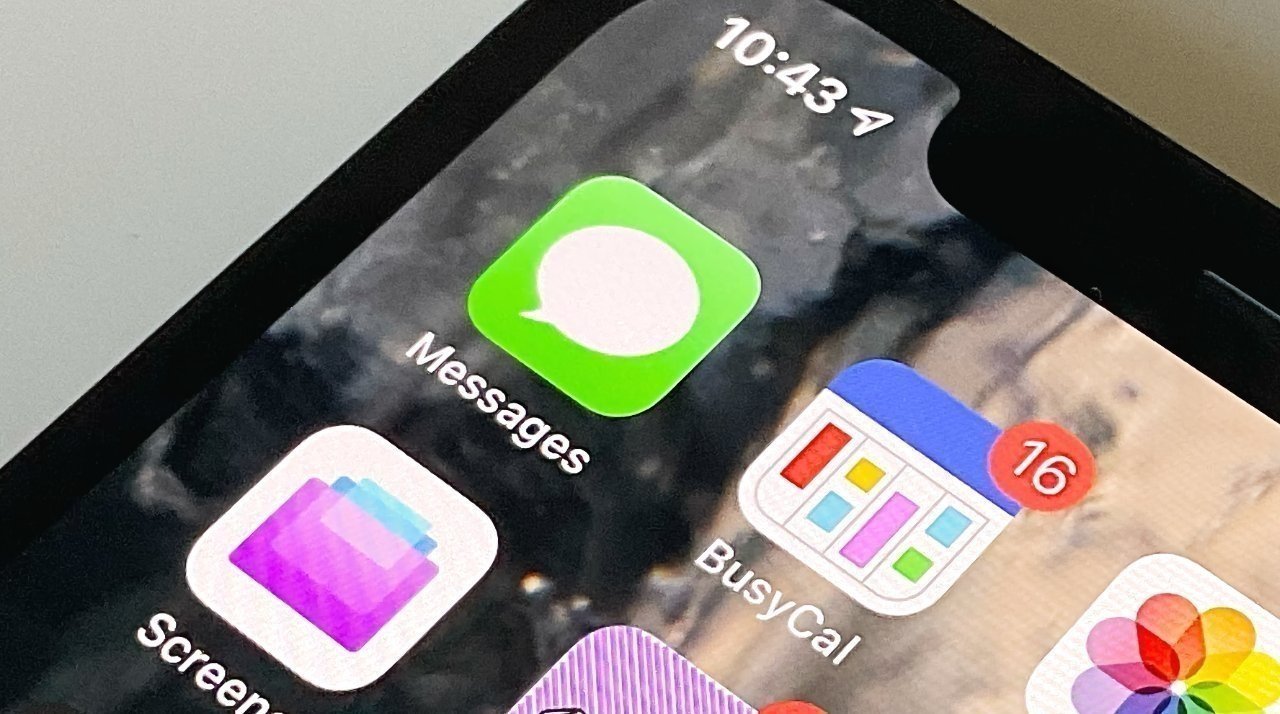Apple is fighting to make litigation funding firm Omni Bridgeway comply with a subpoena, demanding details about its relationship with MPH, a company Apple is in a patent lawsuit with over iMessage and FaceTime.
Back in 2018, Finnish holdings firm MPH Technologies sued Apple over allegations the iPhone maker infringed its patents. In the latest event of the long-running lawsuit, Apple is trying to get information about MPH from a company allegedly funding the lawsuit.
The patent lawsuit itself claimed that Apple infringed on IP for sending and forwarding messages over a secure connection. Apple’s software affected by the suit includes iMessage, FaceTime, and an always-on VPN feature that’s part of a mobile device management (MDM) solution.
MPH had previously tried and failed to convince Apple to license its technology in 2016.
The lawsuit died down for quite some time as Apple challenged the patents using the U.S. Patent Trial and Appeal Board, but it was revived in 2023. Reuters reports a new trial is scheduled for April 2025.
More funding details, please
In the case’s revival, Apple had demanded details of any communications between MPH and third parties, including lawsuit funders, about the supposed patents and infringement. It was the belief that any doubts from third parties over the value of the patents would help Apple’s case.
MPH declined to provide the information, insisting that agreements with third-party funding sources would be irrelevant and that Apple’s request was too broad.
In June, a U.S. magistrate judge agreed with MPH, declining Apple’s request. However, Apple was instructed to work with MPH on discovery disputes.
However, in December, Apple quietly decided to go another route, subpoenaing Omni Bridgeway. The subpoena demanded documents and testimony about Omni Bridgeway’s relationship with MPH.
Reuters says there’s no clear reason for Apple to believe Omni Bridgeway was involved in the case since those details are under seal. Omni Bridgeway did raise a number of objections to the subpoena, including how the demand was vague and sought information that was privileged.
Sideways access
By July, Apple tried to compel Omni Bridgeway to comply with the subpoena. However, rather than going through the San Francisco-based court and the existing MPH-Apple case, Apple did so in Delaware, where Omni Bridgeway is based.
After the case was assigned to a Delaware judge, Omni Bridgeway moved to transfer the subpoena case to the same judge handling the Apple-MPH case.
The Delaware officiant, U.S. District Judge Colm Connoly, requires litigants to disclose relationships to outside backers and if they have a say in legal strategy.
Naturally, Apple has opposed the transfer from a potentially friendly judge, citing Omni’s headquarters being located in the state. Omni, meanwhile, insists that the same San Francisco court should hear the main lawsuit.
Judge Connolly has yet to rule on the matter.





